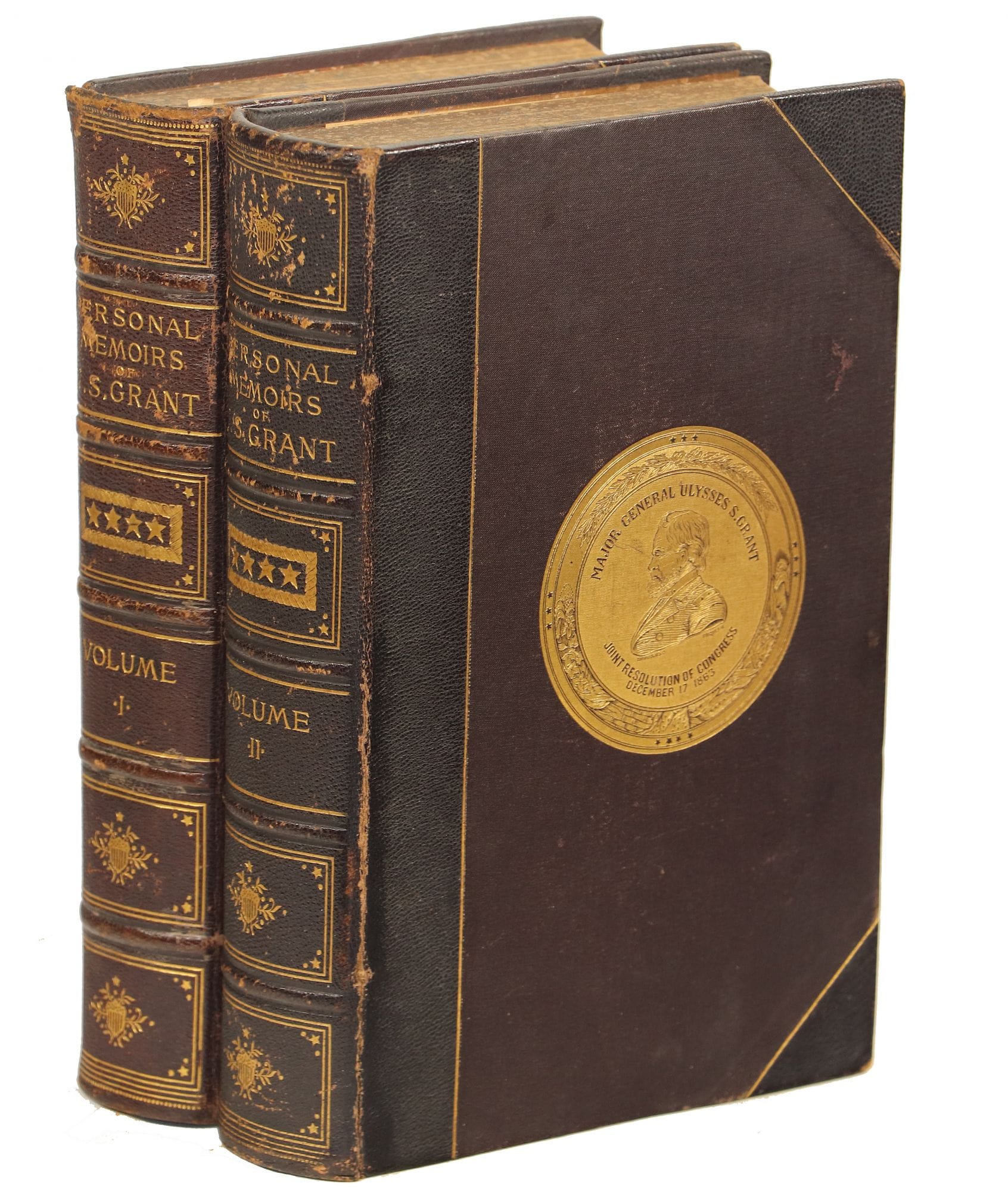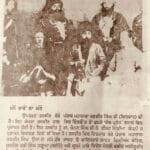A Soldier’s Pen: Grant’s Memoirs and Their Enduring Significance
Ulysses S. Grant. The name echoes through American history, conjuring images of smoke-filled battlefields and a nation struggling to reunite. Yet, beyond the military campaigns and presidential pronouncements, Grant left behind a legacy woven not just in bronze and marble, but in words—his memoirs. These were not merely the dusty recollections of a bygone era, but a vibrant tapestry of experience woven as Grant himself stared down his own mortality. Battling both financial ruin and the relentless advance of throat cancer, he picked up his pen and began to write.
Published posthumously in 1885, The Personal Memoirs of U.S. Grant stand as a testament to the man’s indomitable spirit. In clear, unadorned prose, Grant recounts his life, starting with his humble beginnings and leading through the crucible of the Mexican-American and Civil Wars. He doesn’t shy away from controversy, addressing his military decisions and political actions with a candor that continues to captivate readers over a century later.
More Than Just Battles: The Depth of Grant’s Narrative
What sets Grant’s memoirs apart is their remarkable depth. This is not simply a dry recounting of troop movements and strategic maneuvers. It is, instead, a journey into the mind of a leader grappling with the immense weight of command. Grant invites readers to witness his evolution from a young lieutenant to general-in-chief of the Union Army, offering rare glimpses into the personal toll of war.
He writes of his relationships with key figures like Abraham Lincoln and William Tecumseh Sherman, providing invaluable insights into their characters and the dynamics that shaped the course of the war. He lays bare his own struggles, his moments of doubt, and the lessons learned on blood-soaked battlefields. Though written in the twilight of his life, Grant’s words crackle with a vibrancy and immediacy that transport readers back to those pivotal years.
The Mark Twain Connection: A Friendship Forged in Ink
The story of Grant’s memoirs is inextricably linked with that of another American icon, Mark Twain. Recognizing the historical significance, and perhaps the literary merit, of Grant’s writing, Twain stepped forward with a proposition. He offered to publish the memoirs through his own company, ensuring not only a wider audience but also a much-needed source of income for Grant’s family.
Twain’s support proved invaluable. He provided editorial guidance, encouraged Grant during moments of doubt, and leveraged his own literary reputation to secure the memoirs’ success. The result was a publishing sensation. The Personal Memoirs of U.S. Grant became an instant bestseller, solidifying Grant’s legacy and providing crucial financial security for his family long after his passing.
A Legacy in Words: Exploring Grant’s Memoirs Today
Today, Ulysses S. Grant’s memoirs remain remarkably accessible. Free digital versions abound online, and numerous publishers offer a range of editions, from richly annotated scholarly works to engaging audiobooks. Scholars continue to dissect Grant’s words, uncovering new layers of meaning and sparking debate about his leadership and legacy.
Yet, perhaps the most enduring power of Grant’s memoirs lies in their ability to connect with readers on a human level. In a world still grappling with the complexities of war, leadership, and reconciliation, Grant’s reflections resonate with a startling immediacy. Through his clear-eyed prose, readers gain not only a deeper understanding of a pivotal period in American history, but also a timeless portrait of courage, resilience, and the enduring strength of the human spirit.
- Unlocking 2-Letter Words with U: The Definitive Guide - April 4, 2025
- Unlock Words with the Letters THREE: Top Unscramble Tools 2025 - April 4, 2025
- Master Scrabble: X & Z Words for High Scores - April 4, 2025

















2 thoughts on “Ulysses S. Grant’s Memoirs: An Enduring Legacy of War, Leadership, and Redemption”
Comments are closed.